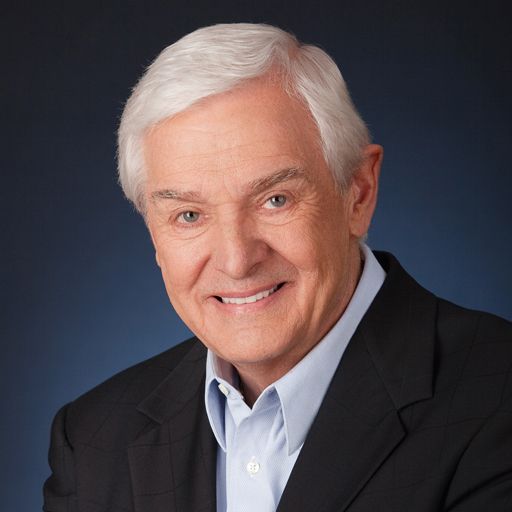It was God who told Adam and Eve, and later Noah, to “Be fruitful and multiply; fill the earth and subdue it” (Genesis 1:28; 9:1). We are well on our way to filling the earth, for sure.
But fulfilling that command has come more as a by-product of something else: trade and exploration. Trade began on land, of course, with famous trade routes like the Silk Road, the Grand Trunk Road, the Amber Road, the Via Maris, and the Trans-Saharan routes linking the continents. But eventually, the spiderwebs of roads found their way to port cities—it was trade by sea that catapulted human development to a new strata.
Prior to the fifteenth century, sea trade was focused on the coasts of Europe, the Mediterranean world, and the coasts of Africa, India, and Asia. But when people realized the world was round, it made perfect sense to try to leave the coast of Europe sailing west and eventually arrive at the shores of Asia. A Portuguese explorer named Ferdinand Magellan set out with four ships to sail around the world (1519). Four years later, his last vessel limped into Portugal, minus Magellan (killed in the Philippines), proving that it was possible to sail anywhere in the world.
That was all the kings and merchants needed to know. There were realms to conquer and riches to capture, and modern sea trade was born. With maps of the world in hand, all that was needed was technology—bigger, faster, and more reliable ships. And those were developed. In time, three nations ruled the seas: England, Holland, and Spain. These seafaring nations carved the equivalent of ruts in the world’s oceans in their relentless pursuit of wealth and power. And the pursuit of temporal wealth made the movement of spiritual wealth possible.
Just as the apostle Paul spread the Gospel over roads built by the Romans, so the modern missionary movement exploded with the advent of steam-powered sea travel.
From the United Kingdom, Europe, and America, missionaries hopped on seagoing ships to take the Gospel into all the world: William Carey left England for India, David Livingstone left Scotland for Africa, Amy Carmichael left Ireland for India, and Adoniram Judson left America for Burma.
When Jesus told His disciples to take the Gospel into all the world, it is estimated that there were 200 million people alive. Today, there are 7.8 billion. Not many people go into all the world to spread the Gospel on boats and ships today, but the era of those who did set a standard that we can follow: Use all the available means to reach as many as possible as soon as possible with the greatest impact possible.
Population has exploded for sure. But there’s something else that has exploded even faster: technology. Our ability to reach people with the Gospel is growing faster than the people to be reached. The digital revolution has given the Church more resources than we are even maximizing at present—and there is no let-up in sight.
There are two ways to look at the Gospel and world population. One way is by sheer numbers: How many people are not yet Christians? The other way is by people groups: How many culturally and linguistically identifiable groups of people are there where the Church has not been established in a self-replicating way?
The Joshua Project estimates that 3.24 billion people in the world are in cultural groups that don’t have access to the Gospel. They can’t become Christians because the Gospel isn’t established in sufficient strength. But the rest of the non-Christians live in people groups where the Gospel is established. They may not become Christians, but at least they can encounter the Gospel of Christ and accept or reject Him.
So what does that mean for us as Christians? Our job is nowhere near finished. There are billions of precious souls, created in the image of God, whom Christ came to seek and save.
The Gospel has always been spread by the words of preachers and teachers. But today we can multiply their impact infinitely through digital means: television, radio, and Internet broadcasts.
Let’s join hands as followers of Christ and spread the Gospel through every means possible—today is “the day of salvation” (2 Corinthians 6:2)..
David Jeremiah is the founder and host of Turning Point for God and the senior pastor of Shadow Mountain Community Church. For more information about David Jeremiah or Turning Point, visit www.DavidJeremiah.






